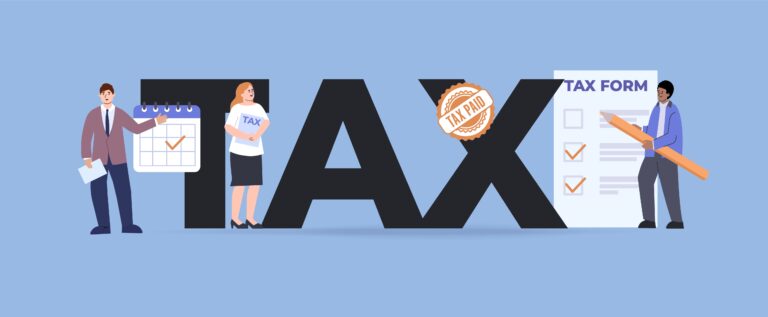What people need to know when starting a business
The IRS knows that understanding and meeting tax obligations is vital to the success of all businesses, especially a new one. IRS.gov has the resources and information to help people through the process of starting a new business. Here are some tips for new entrepreneurs. Choose a business structure The form of business determines which…








